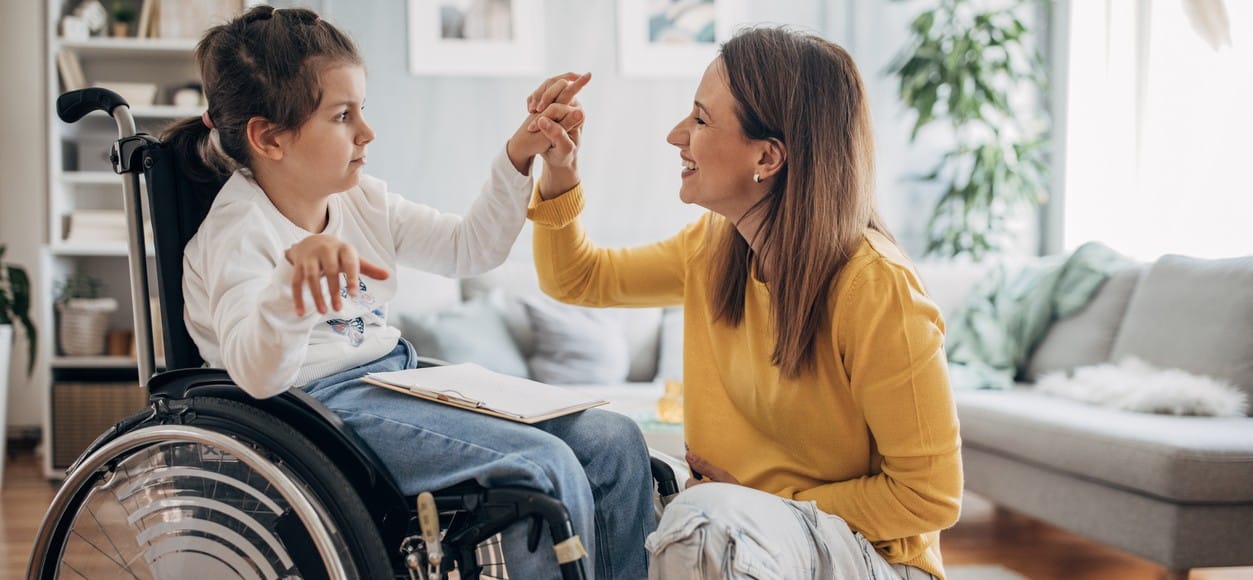Domestic violence is a complex issue that affects many facets of a couple’s life. When people hear the phrase “domestic violence,” they often hold preconceived ideas and common misconceptions. Learning the facts and statistics regarding domestic violence can shed light on the reality of this issue.
Domestic Violence Only Happens to Women
One in three women and one in four men will experience domestic violence over the course of their lives. One in seven women and one in eighteen men have been stalked. Despite common belief, domestic violence affects both genders and people from all walks of life.
You Cannot Love Someone Who Abuses You
People on the outside of abusive relationships often do not understand why anyone would stay with someone who is violent. It is easy to believe that you could never love someone who is abusive. However, victims of domestic violence who stay with their partners will likely have a variety of reasons they wish to stay, including a deep connection and love for the abusive person. Domestic violence doesn’t immediately negate affection.
Domestic Violence Only Happens in Bad Relationships
Many people believe that domestic violence situations only occur when a couple fights a lot, has a bad relationship, or poor communication. The fact is that bad relationship do not cause domestic violence. In most cases, a person has an innately abusive personality that will result in domestic violence regardless of the health of the relationship. Such personality traits can include controlling behavior, jealousy, isolation, and blaming others for problems. Domestic violence can happen in any relationship—not just in “bad” ones.
Domestic Violence Is Only Physical
Physical abuse certainly happens in cases of domestic violence, but it is not the only kind of domestic abuse. Domestic violence is not only about physical injury, but also about mental, emotional, and sexual harm. An abuser can wear down his or her spouse with berating words and criticisms, resulting in long-lasting emotional and mental damages. Verbal abuse can be equally as harmful as physical abuse but in a different way. Sexual assault can also be both physical and mental. A spouse may coerce or threaten you into unwanted sexual activity or engage in reproductive abuse. Reproductive abuse is when a spouse tampers with birth control or pressures the other spouse to conceive a child.
Both Parties Are Equally Responsible
It is common for people to believe that the abused spouse must have done something to “deserve” or “instigate” the abuse, or that abuse happened mutually between a couple. The truth is that there is no reason to ever abuse a spouse and that two equally violent parties are a rare occurrence. Many people minimize a victim’s claims, believing that he or she is a liar making up claims out of spite. The social stigmas surrounding abuse victims are damaging and can dissuade victims from going to the police about the abuse.
Calling the Police Is a Good Scare Tactic
While it is important for victims to always call the police if they are facing domestic violence or abuse, it is also important to understand the immense repercussions of reporting an abuse case. Men and women may use “I’ll call the police” as a threat against a spouse who has not actually been abusive, or simply in a moment of panic during an argument. Calling the police is a serious action with real consequences. Once they arrive, the caller can’t take back allegations or stop the police from arresting a spouse. The police have a duty to separate the parties and make an arrest if they deem it necessary to prevent further harm.
You Can Simply Leave an Abusive Relationship
On the outside, it may seem frustrating that someone does not simply get up and walk out of an abusive relationship. While emotional ties may be a factor, in many cases the victim is too afraid to leave. Nearly 25% of all violent victimization starts with domestic violence by intimate partners. Victims of domestic abuse often need professional help to escape an abusive relationship. If you know someone who is a victim of domestic violence, make sure they seek appropriate help right away.

 Call Us Now
Call Us Now Email Us Now
Email Us Now
